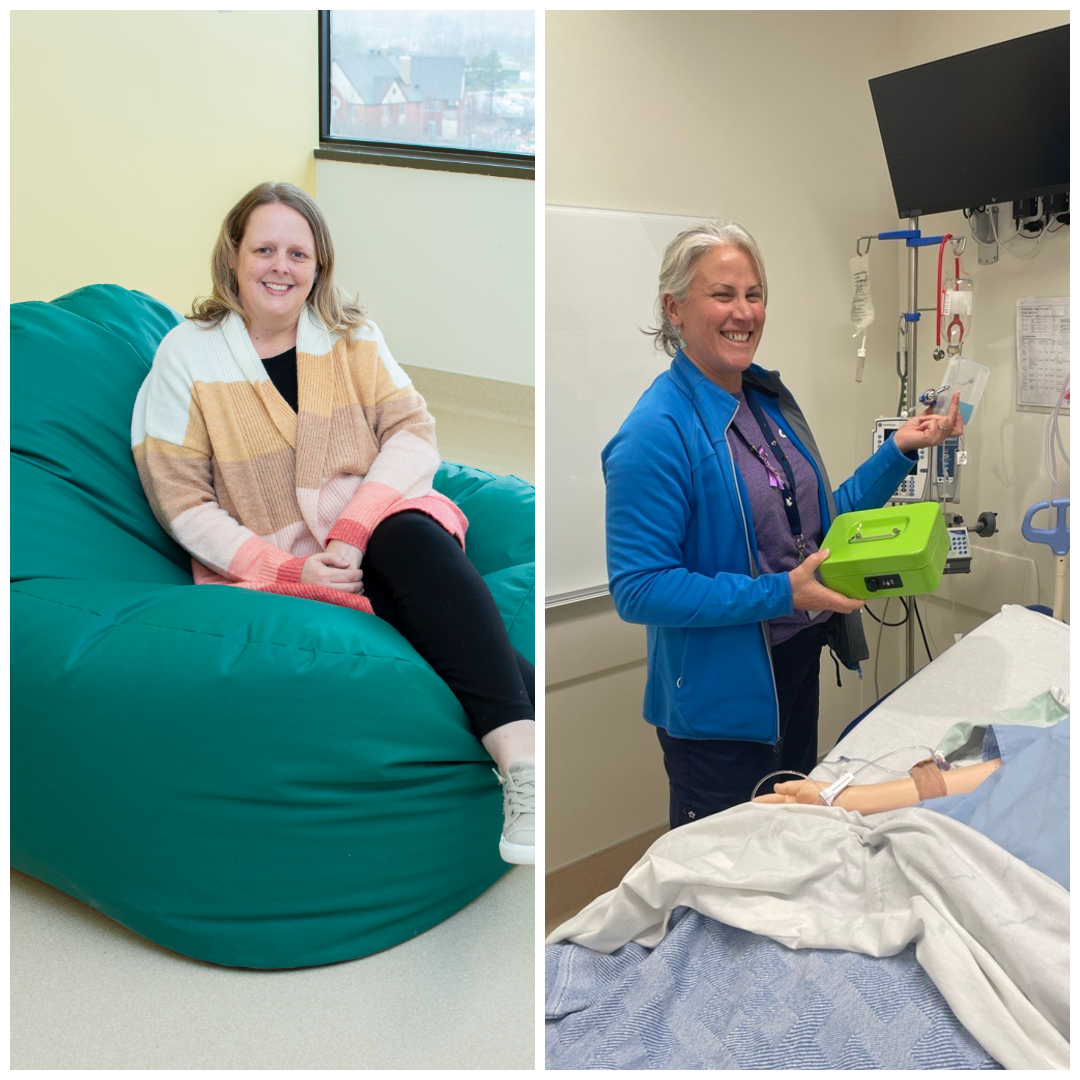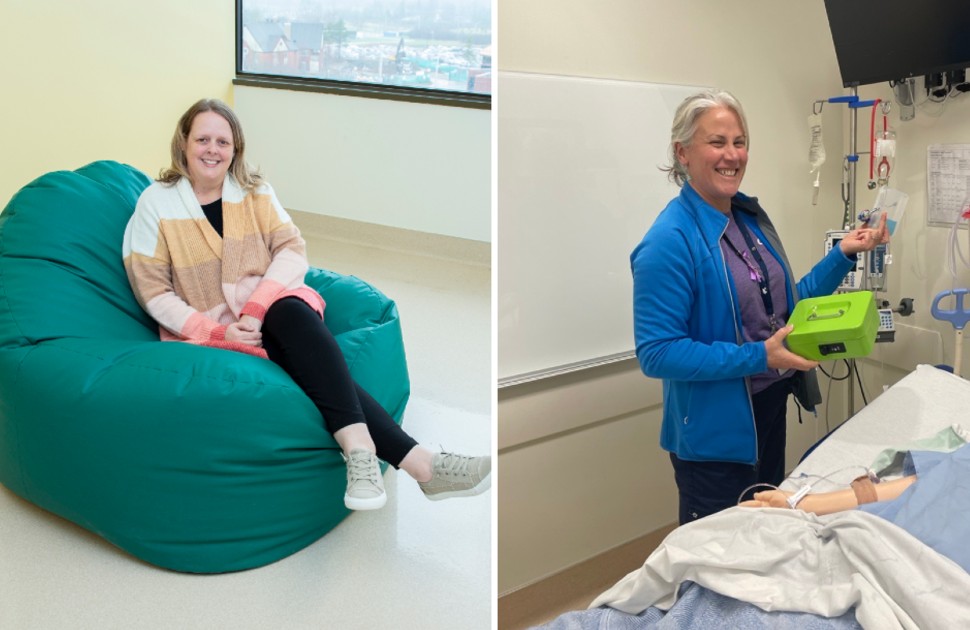
Research and innovation are hallmarks of CHEO’s world-renowned care, and its nurses continue to find new ways to deliver and support that care.
Advanced Clinical Practice Fellowships through the Registered Nurses Association of Ontario (RNAO) help address a need or update best practices, and they can lead to additional resources throughout CHEO to help staff, medical staff and learners provide the best care to every child and youth.
Past fellowships have found ways to implement best practices, empower clinicians, as well as improve family and staff support, staff education and professional development.
These fellowships also contribute to CHEO's designation as a Best Practice Spotlight Organization by the RNAO.
Brennah Holley, nurse educator with CHEO’s hematology/oncology/nephrology units, completed her fellowship in 2024 as she sought an innovative and engaging way to educate staff and improve patient care, while also building team morale.
Enter the Health-Care Simulation Escape Room, which is a teaching method that combines the principles of simulation with gamification.
This format resembles an escape room – participants receive a medical scenario and need to use clues to open locks or puzzles to progress to the next clue with the ultimate goal of "escaping," in this case successfully identifying the medical situation and treating the patient.
In her study, Holley had a team simulate helping a child who had an anaphylactic reaction: from diagnosis through treatment.
The research study, which continues to collect data, evaluates the effectiveness of escape rooms as an educational tool compared to traditional classroom methods. They also mix more experienced and younger nurses where everyone tends to learn something new.
“The escape room makes them realize they know more than they thought they did or ... they've done things a certain way for a long time, which are no longer correct, and then they learn why that is,” she said.
The fellowships play an important role in CHEO’s path to constantly improve patient care and prioritize continuing education among its nurses and nurse practitioners.
One past fellowship helped CHEO expand its use of the “Safety Pod,” which was first used in the mental health unit. The pod is a bean bag-like chair that helps children, youth and families manage pain and anxiety through comfort.
There are now 54 between the main campus on Smyth Road in Ottawa and at various CHEO community sites.
“A lot of our kids are scared and anxious and afraid,” said Sarah Giroux, nurse educator with CHEO’s mental health programs, who completed her fellowship on the “Safety Pod.”
“We've really helped gain a foothold in changing the way we look at offering care. ... The environment impacts the care we give and the care we're receiving."
The “Safety Pod” is bite-proof, stab-proof, puncture-proof, and flame-retardant, and it is built for long-term use if a patient prefers it to a hospital bed.
Designed with an impact hood, patients are supported at a perfect 135-degree angle, which allows a clinician to conduct a full assessment when a patient is sitting in the pod.
“Showing people the impact this one object can have has been inspirational to me. Seeing the uptake of the staff using it and the impact for the families and the kiddos, it's been really neat to see the journey we've taken,” said Giroux.
CHEO continues to transform patient care to adjust to the changing needs of children and youth. Nursing fellowships help ensure education and research remain at the core of that transformation.





